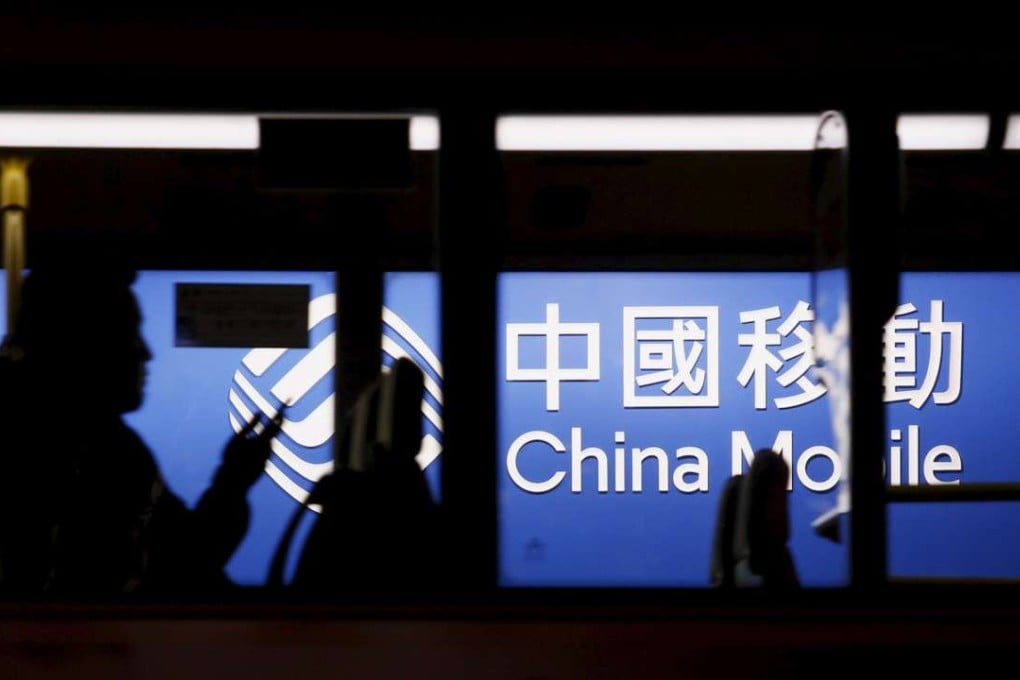Move over cable operators: China’s telecom giants eye online video market

Growing competition in mainland China’s fixed-line broadband market could see the “Big Three” telecommunications network operators overtake the mainland cable companies in the red-hot online video distribution segment, according to analysts.
“Unlike North America and Europe, we believe the telecommunications network operators in China will continue to dominate in fixed-line broadband on the back of their significant investments in fibre [optic infrastructure],” said Bernstein senior analyst Chris Lane, lead author of a report on the broadband and pay-television wars in China.
“The window of opportunity for Chinese cable operators to win in the fixed-line broadband market has passed.”
While the central government last year opened the way for domestic telecommunications network operators and television broadcast service providers to directly compete in each other’s turf, the cable companies have only made small inroads in the low end of the fixed-line broadband market.
At the end of last year, domestic cable operators only had 18 million fixed-line broadband subscribers, or 8.6 per cent, of the total market, according to government data. There were 258 million total fixed-line broadband subscribers, most of which are customers of either China Telecom, China Unicom or China Mobile.
That advantage by the country’s three main telecommunications is expected to result in increased gains for them in the so-called internet protocol television (IPTV) market segment, where subscribers view online video streamed through a set-top box.